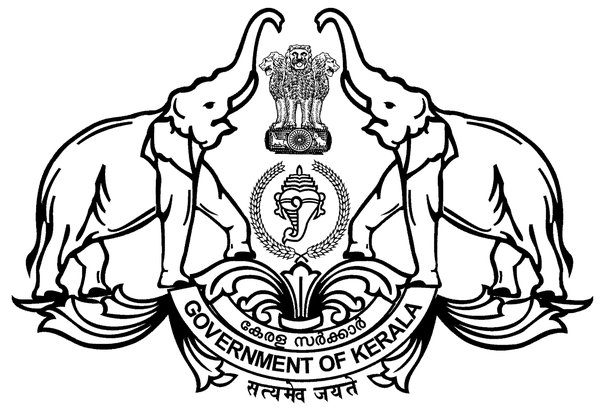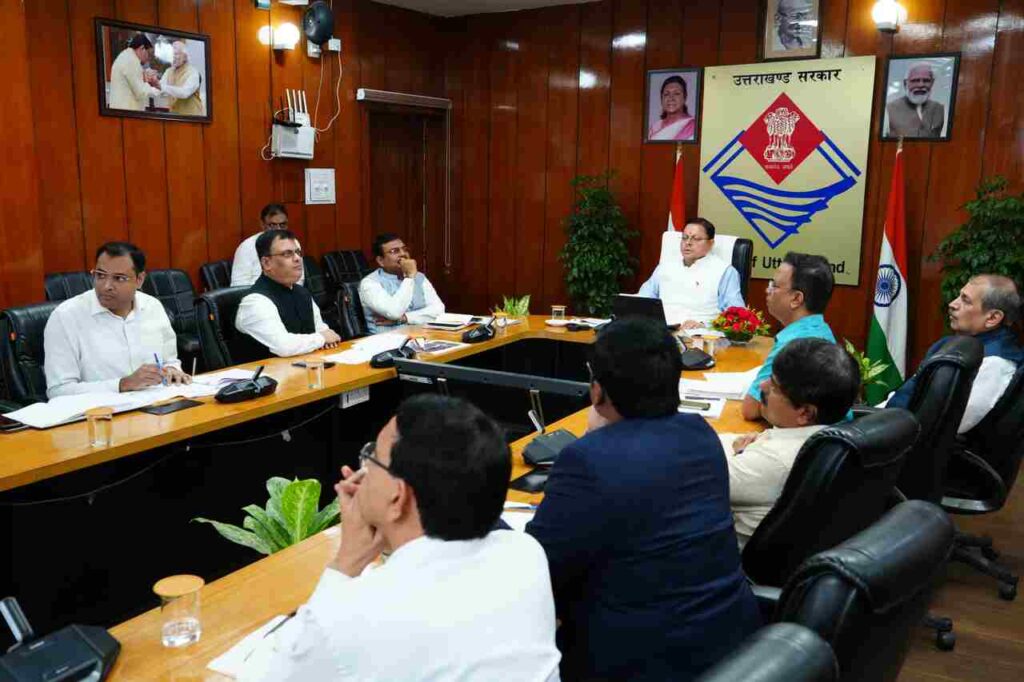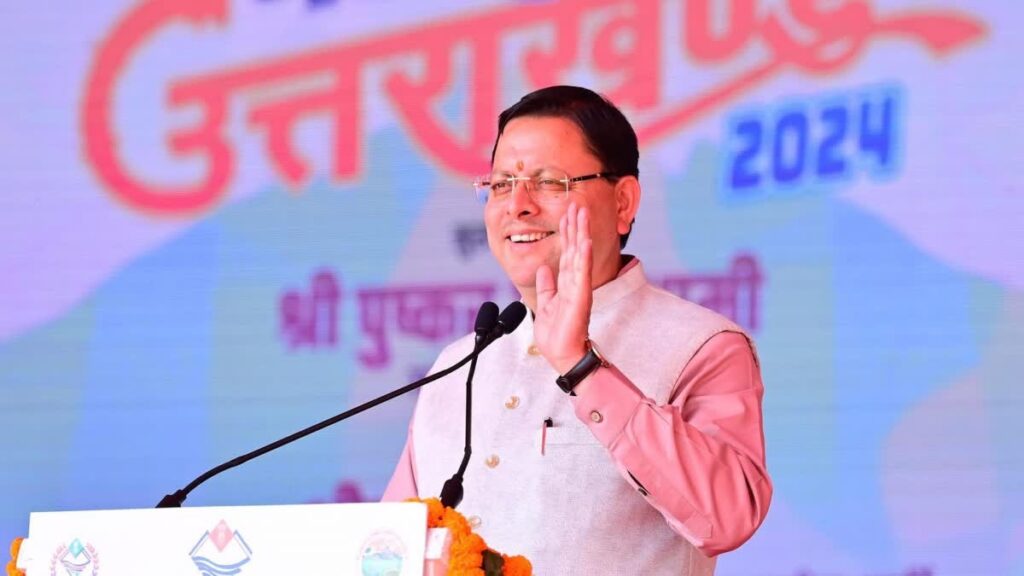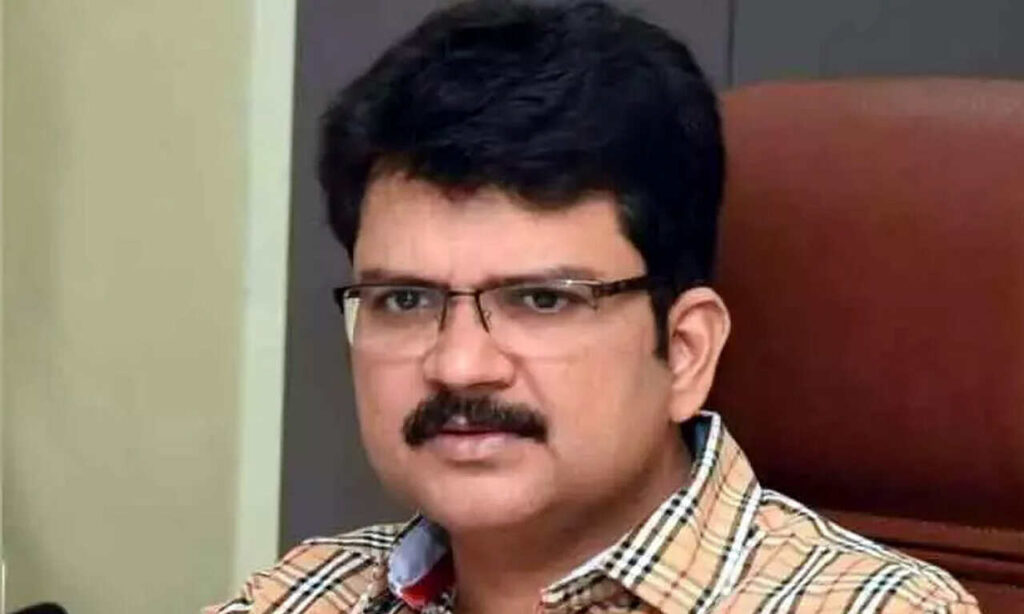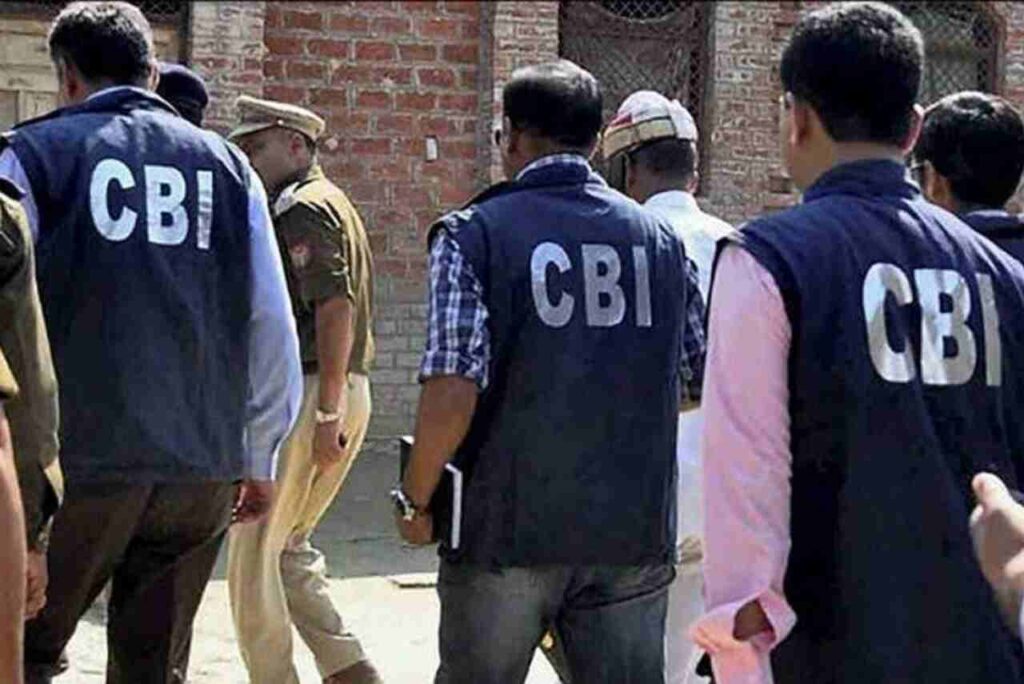The transfer of B Ashok, a senior 1998-batch Kerala cadre IAS officer, from the Agriculture Department to the Local Self-Government Reforms Commission has ignited a major controversy, exposing deep fissures within the state’s bureaucracy.
Key Issues:
- Factional Divide Among Bureaucrats:
- The transfer has led to a near vertical splitamong IAS officers in Kerala. A significant number of bureaucrats are openly criticizing the government’s decision, rallying behind Ashok.
- Alleged Reasons for Transfer:
- Ashok reportedly faced backlash for objecting to contentious government decisions during departmental secretary meetings.
- His objections included issues such as the rehabilitation of landslide victims in Wayanad, which he believed were mishandled.
- Procedural Lapses Alleged:
- The transfer is said to have bypassed standard protocols, including:
- Consent of the officer.
- Approval of the concerned department.
- Such lapses may provide legal groundsfor Ashok to challenge the transfer.
- The transfer is said to have bypassed standard protocols, including:
- Civil Service Rules in Question:
- The Civil Service Amendment Actmandates prior approval from the Union Ministry of Personnel for appointing civil servants to commissions and tribunals.
- Ashok’s transfer to the Administrative Reforms Commission, whose constitution and terms of reference are yet to be finalized, raises questions about the legality of the decision.
Potential Legal Challenge:
Reports suggest Ashok is considering legal action against the transfer, citing procedural violations and the nebulous status of the Reforms Commission.
Broader Implications:
This controversy underscores ongoing tensions between the bureaucracy and the state government, with critics alleging interference in administrative autonomy. The outcome of this dispute could set a precedent for handling future transfers and appointments in the state.


